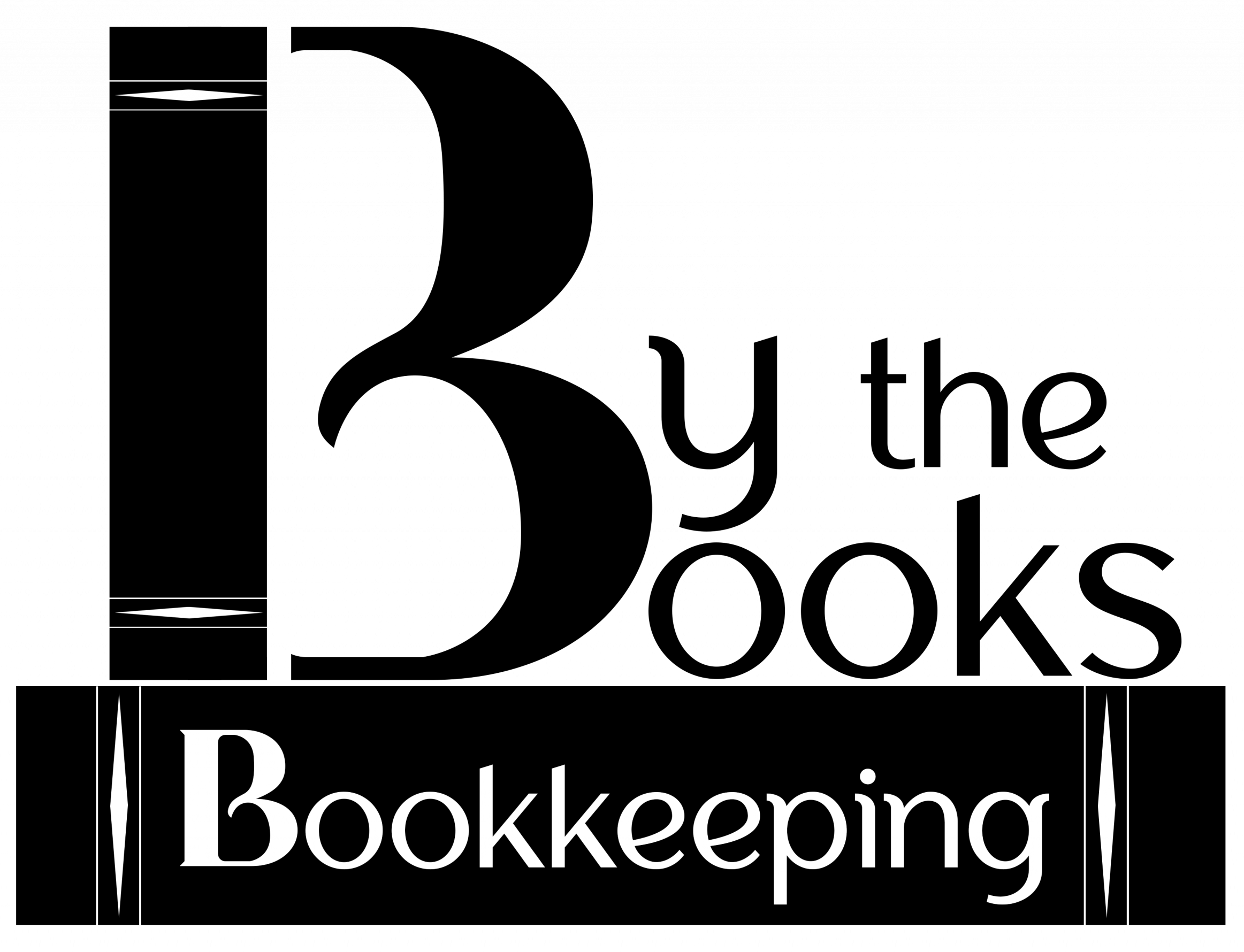
Choosing the right bookkeeper to hire for your business can be a daunting task. It’s important to find someone who can come along side you to support your business goals. You need someone who can work with your schedule and communicate clearly about what is happening with your finances. Here are some guidelines that might help you as your search for your “best fit.”

1. Communication
The first thing you can do is to have an open and honest conversation about your expectations and what you are needing. Do you need someone who is on-call and available anytime you call, or do you want someone who has a set time to do your books each week? What type of communication method works best for you? Please note that even if you prefer verbal instruction over the phone, it’s important to reiterate your expectations and requests via email or text. This provides a written record to protect you and your bookkeeper. If you need someone to help run payroll for your business, payroll experience is a must. Be sure your bookkeeper is someone who is timely, accurate, and keeps good records.
2. Check the fit
A good bookkeeper should be able to adapt to your schedule in order to help you run your finances. That is what they are there for! Make sure they have experience in the specific tasks you require for your books and your business. If they haven’t worked with that area of bookkeeping, ask what they would be willing to do to learn it.


3. Accessibility
Look for someone with good communication skills who will keep you apprised of what is going on with your finances at any given time. Your bookkeeper is there to help you keep up to date financial information. They should be tasked with your day-to-day recording of your financial transactions. They are there to maintain accuracy and provide support with invoicing, paying bills, reconciling your accounts, and monitoring them.
4. What Bookkeepers Are Not…
Please keep in mind that a bookkeeper is not an accountant, nor can they take the place of one. They can not give you advise on taxes, file your year-end taxes, nor represent you if you are ever audited.
Whatever your business strategy, having accurate and reliable books is key to staying targeted on your goals. Whether you handle your books in-house, or hire out your bookkeeping, keeping your accounts in order can help you to make better decisions for your business. Let us know if we can help by filling out this interest survey.
